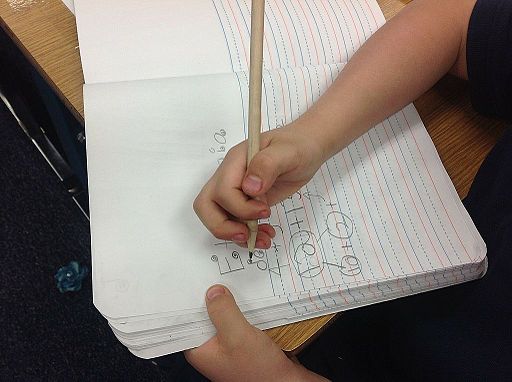
How to Prepare for the new Academic Year
If you’re starting a new course of study this coming September, you might feel a little daunted by what lies ahead. But you can start the new academic year by being prepared in a number of ways. Here’s a step by step guide to making sure you’re in control and raring to go this autumn.
1. Gather together all the information you need
This is the key to feeling confident when you begin your new course. You should have details on when your classes will start, and any preparatory activities you are expected to complete beforehand. These activities can include reading and researching, so that you have a good basic grounding in your subject before you start form study.
You should also have information about when your assignments are due, and when you have to complete any exams or formal tests. These details will allow you to plan your studies all through the year, so make an effort to get them if you don’t have the information already. Visit the website of your college or distance learning provider – it’s usually possible to get most of the facts you need there.
2. Get all the books and other equipment you might need
If you’re studying subjects like English Literature, History or Politics, among others, you’re likely to have a reading list. Find out what the core texts are and do your research online to find the best prices for them. For other books you might need, you can submit a request to your library to hold them for you to use during specified dates. Make sure you make your request to the library well in advance though, as it is likely that other students will be looking for the same books. Check out noticeboards at your college or in your local area, or free ad sites online, to find cheap second-hand copies of your study texts.
In addition, it might seem obvious, but make sure you have enough pens, pencils and paper. Even if most of your work is completed via your PC, it’s much easier to make notes while you’re reading with pen and paper. Making notes this way has the added bonus of helping you to better absorb the information you’re getting. Highlighters, post-its, folders and so on can also be useful for organising your work efficiently.
3. Take time out before you start
In the week or few days before you start your new course, take some time to completely relax. Spend some time in the sun, playing your favourite sport or enjoying the company of family and friends. Put all thoughts of studying out of your head, and concentrate on living in the moment for a while. By switching off before you get started, you’ll be able to begin your studies feeling recharged, refreshed and ready to commit yourself fully to the course.